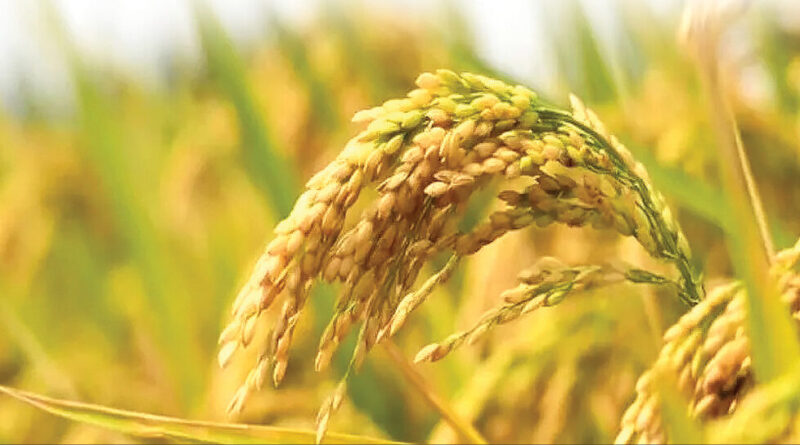Punjab draft agri policy wants paddy banned in severely parched areas
By Ruchika Khanna
Punjab’s draft Agriculture Policy has recommended a ban on all long-duration paddy varieties and paddy cultivation in 15 dark blocks, with 300 per cent more water extraction than recharge rate.
Though the policy, which was shared with some farmer unions in the state late evening today, is silent on free power subsidy to the farm sector, the policy has recommended that “… traditional puddling should be discouraged and banned in phased manner”.
The policy gives a path to bring power subsidy down by 30-35 per cent by implementing micro-irrigation systems in a phased manner; solarisation of agriculture pumpsets and using canal water for irrigation, rather than groundwater extraction.
The draft policy says that in view of the water emergency-like situation in Punjab, the government should set a policy target of saving a minimum of 30 per cent (20 BCM) of the state’s total water demand (66.12 BCM). The blocks where paddy cultivation is recommended to be banned should be put under alternative crops, such as cotton, maize, sugarcane, vegetables, and orchards to save them from turning barren in the near future. “The farmers in these designated blocks should be compensated in such a way that they may get higher returns from alternative crops than that of paddy cultivation. In the same way, the next blocks with higher water extraction rates should be undertaken in subsequent phases,” says the policy, formulated by the Agriculture Policy Formulation Committee headed by economist Sukhpal Singh, who is also chairman of the Punjab Farmers and Farm Workers Commission.
The policy has recommended the urgent need for crop diversification, and recommended basmati, cotton, sugarcane, pulses, oilseeds, and horticulture crops like citrus, potatoes, peas, pear and chili as alternatives to water-guzzling paddy. As many as 13 centres of excellence for these crops are proposed to be set up in the state and the policy recommends growing crops in their natural areas. The need for Progressive Farmers Groups is also emphasised for growing these crops. A price stabilisation fund is also proposed to be set aside for market intervention in case of low prices of these crops after harvest.
For wheat cultivation, the commission has recommended trait-specific and nutritious varieties like PBW 1 Chapati, PBW, RS1 and WHD 943 be grown and processed for consumer-specific markets under various brands.
With the state facing high rural indebtedness and farmer and farm workers’ suicides on the rise, the policy recommends giving a compensation of Rs 10 lakh to their families. Free healthcare and debt settlement schemes have also been recommended to alleviate their economic distress. A debt waiver and debt swap scheme (swapping non-institutional debt with institutional debt) is also recommended.
The draft policy talks of making Punjab a seed hub, setting up of an Agricultural Marketing Research and Intelligence Institute (AMRII) and strengthening the cooperative sector. Emphasis has been laid on organic farming, worm farmers and tenant farmers, with policy interventions for protecting their rights and for their economic empowerment. Need for agriculture research and extension activities has also been highlighted.
The scheme talks of the Punjab Government bringing its own insurance scheme and making MSP a legal guarantee for all crops.
This article has been republished from The Tribune.

